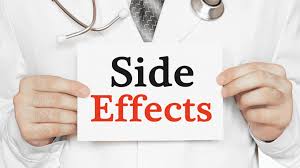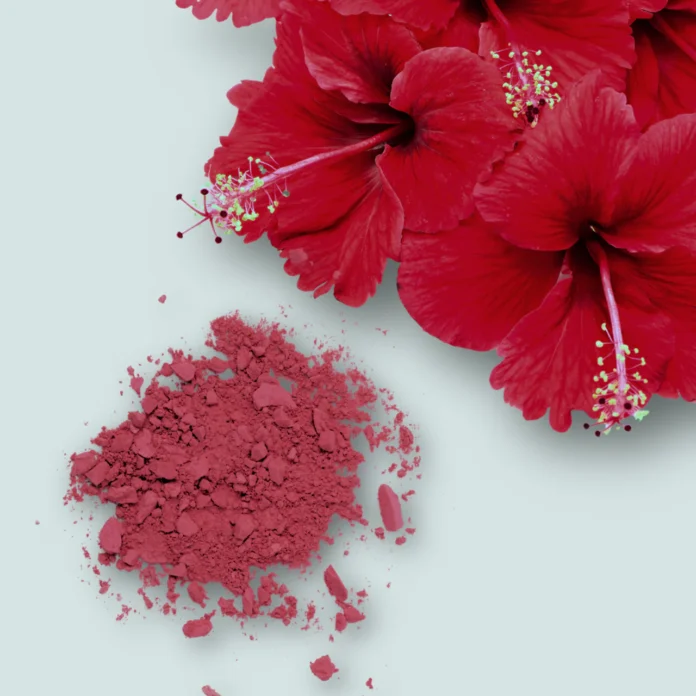
Introduction
Hibiscus, known as Gul-e-Gurhal in Urdu and Hindi, is a flowering plant widely recognized for its vibrant blossoms and numerous health benefits. It is used in traditional medicine, cosmetics, and culinary practices worldwide. From teas to oils, this plant offers a range of applications. Let’s explore its various forms, benefits, and potential side effects.
Forms of Hibiscus
Hibiscus is versatile and available in different forms, catering to varied uses.
- Hibiscus Tea
The dried petals of hibiscus flowers are brewed to make a tangy, ruby-red herbal tea. It can be consumed hot or cold and is rich in antioxidants. - Hibiscus Powder
Made by grinding dried hibiscus flowers, the powder is used in hair masks, face packs, and herbal remedies. - Hibiscus Oil
Extracted from the flower or leaves, hibiscus oil is widely used in hair care products to promote healthy hair and prevent dandruff. - Fresh Flowers and Leaves
Fresh hibiscus flowers and leaves are used in natural remedies, juices, and culinary dishes. - Capsules and Extracts
Concentrated hibiscus extracts are available in capsules or liquid forms as dietary supplements.
Benefits of Hibiscus

- Rich in Antioxidants
Hibiscus is packed with antioxidants like anthocyanins, which help neutralize free radicals, reducing oxidative stress and aging signs. - Supports Heart Health
Regular consumption of hibiscus tea has been shown to help lower blood pressure and cholesterol levels, reducing the risk of heart disease. - Promotes Weight Loss
Hibiscus tea helps boost metabolism and aids in weight loss by reducing fat absorption and promoting digestion. - Improves Skin Health
Hibiscus contains natural alpha-hydroxy acids (AHAs), which exfoliate the skin, reduce hyperpigmentation, and promote a glowing complexion. - Boosts Hair Growth
Hibiscus strengthens hair roots, reduces hair fall, and prevents premature graying. It also combats dandruff and scalp irritation. - Regulates Blood Sugar Levels
Hibiscus extract has been found to help stabilize blood sugar levels, making it beneficial for those with diabetes. - Supports Liver Function
Its detoxifying properties help improve liver health by flushing out toxins and supporting liver enzymes. - Improves Digestion
Hibiscus helps relieve constipation, bloating, and indigestion due to its mild diuretic and laxative effects.
Side Effects of Hibiscus
While hibiscus offers numerous benefits, it is important to be aware of potential side effects:

- Lowering Blood Pressure
Hibiscus can significantly lower blood pressure, which may be problematic for individuals already on medication for hypotension. - Allergic Reactions
Some individuals may experience allergic reactions, including rashes or itching, when using hibiscus-based products. - Interference with Medications
Hibiscus may interact with medications like antihypertensives, antidiabetics, and chemotherapy drugs. Always consult a doctor before using hibiscus as a supplement. - Pregnancy and Breastfeeding
Hibiscus is not recommended during pregnancy as it may stimulate uterine contractions, potentially leading to complications. Breastfeeding women should also consult a healthcare professional before use. - Digestive Discomfort
Consuming large amounts of hibiscus may lead to stomach cramps or diarrhea due to its diuretic and laxative effects.
This Article is for Basic Information. Contact a professional doctor before using it.
HAKEEM KARAMAT ULLAH
+923090560000




